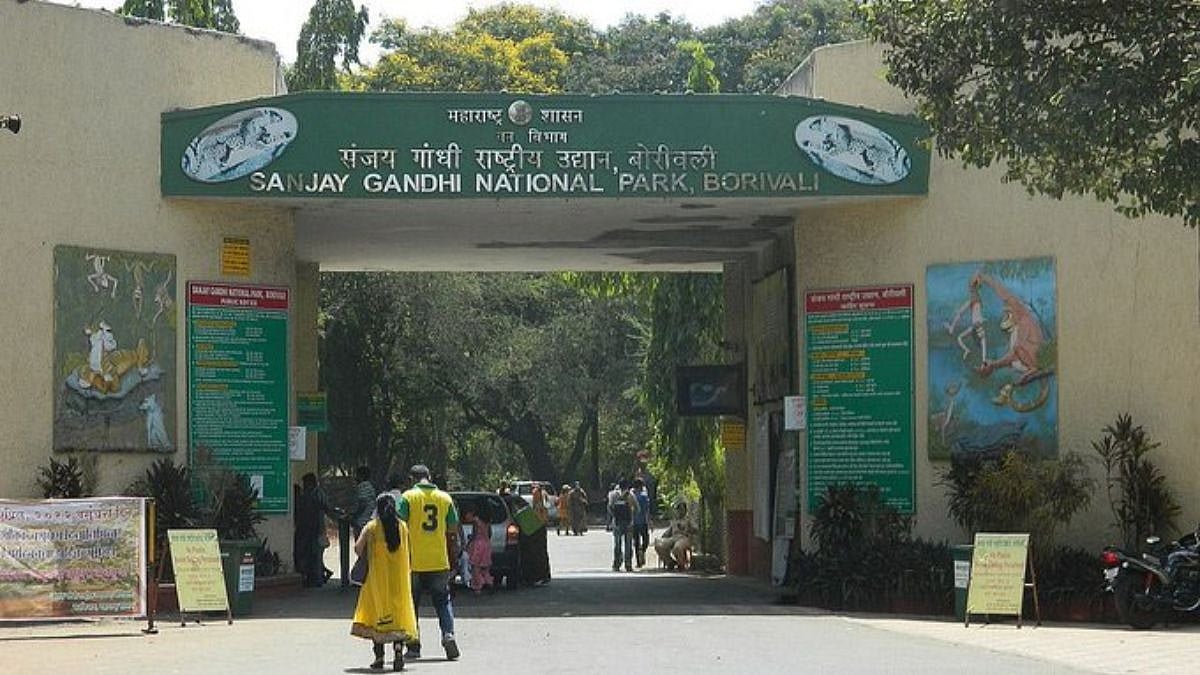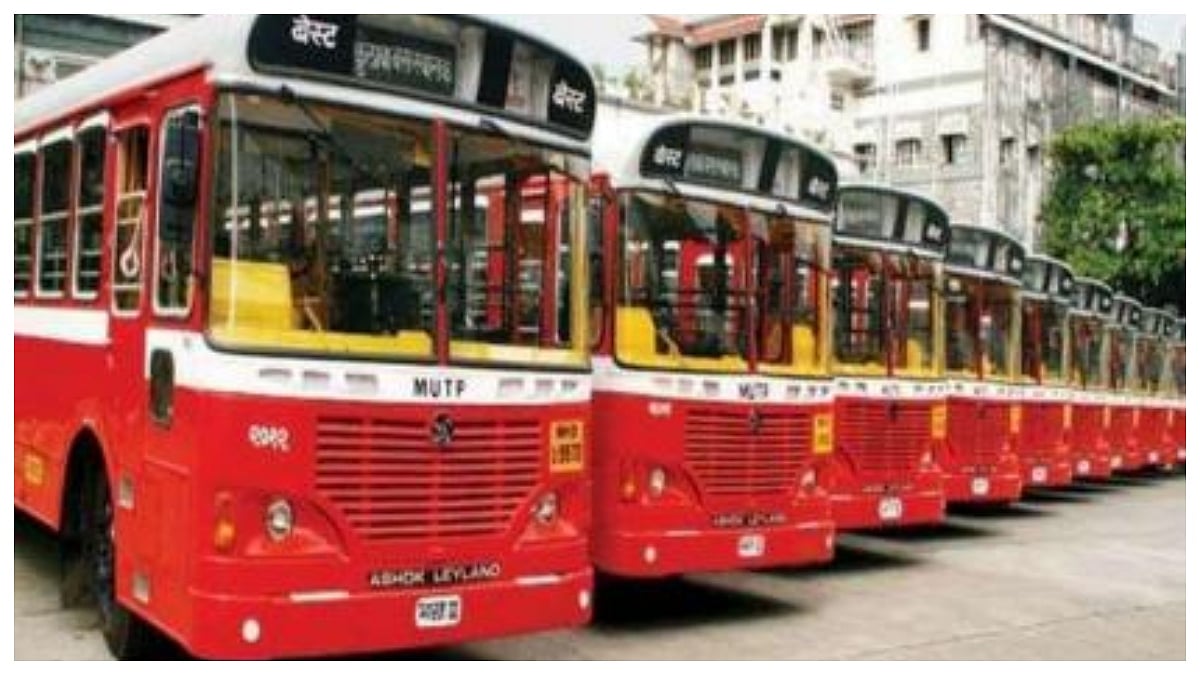As of Saturday morning (9.45 am), the fourth day of the national lockdown, the number of coronavirus cases in India has touched 873. Does this mean that we are still behind the curve or, as many of the ‘experts’ suggest, this is just the lull before the country experiences the pandemic tsunami?
Like the overwhelming majority of India, I don’t know. Over the past three weeks all of us have been subjected to so many conflicting versions of this global epidemic that has changed the world in ways that none of us thought was possible, that we have stopped trying to be amateur pundits. When the WHO announced that every corner of the world was vulnerable to the what President Donald Trump evocatively describes as the ‘Chinese virus’, every person seemed to have a view of what needed and didn’t need to be done. These ranged from doing as little as possible but acquiring immunity through different means to suggesting policy prescriptions. Today, the voices of the loud know-alls are becoming less and less heard. The ‘experts’ have their views, but no one is sure whether this expert view will outlive 48 hours.
A strange form of collective helplessness is visible. As law-abiding citizens, the overwhelming number of Indians have confined themselves to their homes, hoping that after April 15 they will be able to pick up the pieces and return to the daily. Meanwhile, watching a re-run of the Ramayana, what many of us experienced each Sunday morning in the late-1980s, will have to suffice.
In moments such as this, there is an irresistible temptation to outsource decision-making to a higher authority. For most it is God — articulated in different ways. But this unseen force isn’t the only one we bank on. The secular authority we put our trust in moments of anxiety is the government. Although the trust is never blind, there is the temptation to let others — with information, expertise and resources at their command — take decisions and do the thinking on our behalf. This relationship of the citizen with the state is based on trust and — but only to a limited extent — coercion. If the trust broke down, there is no lathi-waving policeman who would succeed in imposing a national lockdown.
In recent history, there are times when either trust breaks down completely or competing authorities start pulling in different directions. I always cite the example of what happened in France in the spring of 1940 when the German army broke through the seemingly impregnable Maginot Line. The authority of the all-powerful French state broke down and produced social chaos. It was this upheaval that led to collaboration with the Germans and the trust placed in Marshal Petain and his fragile Vichy regime.
It may sound politically incorrect to say so, but imminent military defeat does not always lead to social breakdown and chaos. By the beginning of 1945, for example, it was sufficiently clear that the collapse of Nazi Germany was only a matter of time. There was just no way that Hitler’s regime would be able to withstand the combined might of the USA and the Soviet Union. The Germans didn’t give up and fought bitterly, despite the huge military and civilian casualties. But what has escaped attention is the fact that an unending tale of military defeats since mid-1944 and the decimation of nearly every German city by enemy bombers didn’t lead to a social breakdown, as happened with less provocation in France. Till the very end, the authority of the German state remained intact.
It is of course possible to read these two experiences with reference to the type of regimes France and Germany had at these moments of upheaval. France in 1940 was democratic, while Germany in 1945 was a regimented, totalitarian state. Maybe totalitarian states have a better record of holding a society together in times of crisis. If, for the moment, the theory of COVID-19 being a grand Chinese conspiracy is ignored, it is worth looking at the relative success of the authorities in managing the total lockdown of Wuhan. True, the extent of inconvenience was perhaps understated by the absence of an open media and the rigid control that the state maintains over its citizens. But in the face of the pandemic, such extreme measures can be condoned.
It is the inability of democracies to emulate the Wuhan model that has led to Western European countries shying away from cracking the whip, leaving the last mile to people’s good sense and failing to meet the desired objective. Apart from Northern Italy and Spain where the number of deaths have skyrocketed, most other democratic countries have faltered in imposing lockdowns.
It is in this context that the national lockdown in India must be seen. Frankly, if it hadn’t been Narendra Modi at the helm, lesser leaders would have preferred to have settled for half-measures, citing a combination of economic constraints and human deficiencies. India is a democracy and there is total freedom for intellectuals, contrarians and the fifth columnists to point to deficiencies, real and imaginary. The international media, particularly those based in the Anglophone world, also find it easy to present India as a land of chaos, heartlessness and stupid bigotry. There is enough in the subcontinent to feed this appetite. But what needs careful scrutiny is the fact that a national lockdown has been successfully undertaken in a country of India’s size and diversity. The economic costs of this lockdown will be unimaginably high. But the fact that we have put people over money is reason enough to believe that India hasn’t lost its head in a crisis.
I don’t know if the lockdown will achieve its objectives. I pray it does. But regardless of the outcome, how we have conducted ourselves makes me proud to be an Indian. It also makes me proud of our leader.
The writer is a senior journalist and Member of Parliament, being a presidential nominee to the Rajya Sabha.










